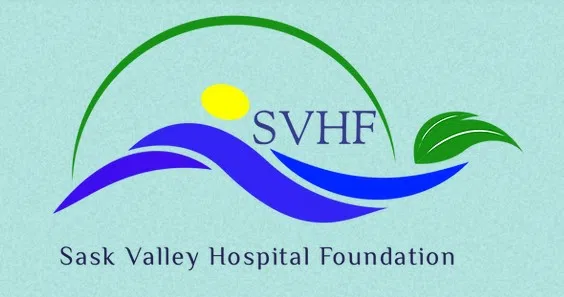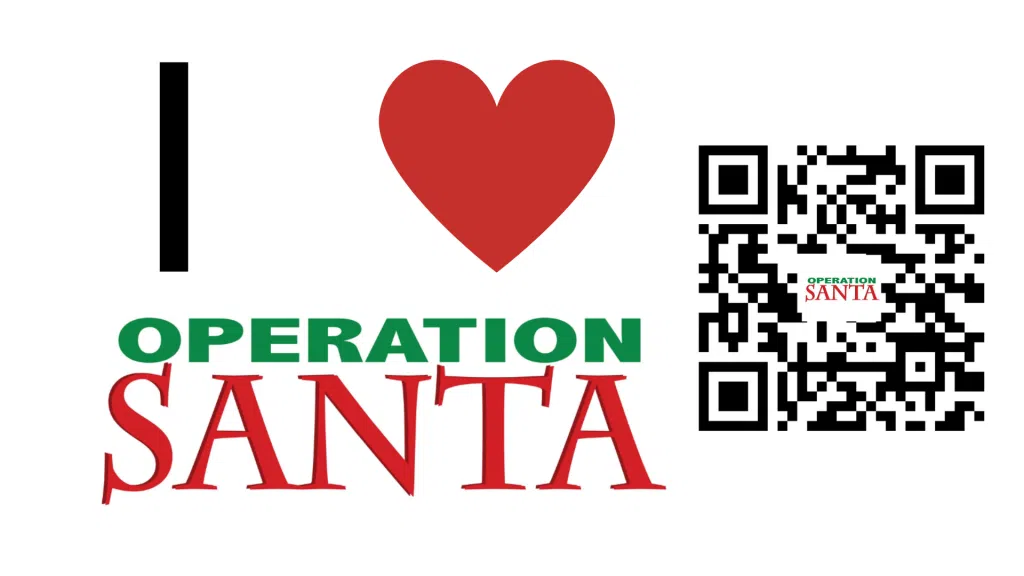
The Universities of Saskatchewan and Regina held a virtual lecture recently to discuss the legal, policy and ethical considerations around finding a vaccine for COVID-19.
Dr. Claudia Emerson, Director of the Institute on Ethics and Policy for Innovation at McMaster University explains that normally vaccines take years to develop.
One strategy to speed things up is called a human challenge study where volunteers are given a test vaccine and then given the virus, to see if the vaccine works.
There are ethical concerns with human challenge studies, but there is a long history of their use.
In a pandemic, the goal is to get the vaccine as quickly as possible.
Dr. Emerson says some of the phases in research and clinical trials are accelerated, so there are concerns about whether human test subjects are put at risk.
One company that has been working on the moderna vaccine for COVID-19 is expected to move to phase 3 of its testing in July, which is a large scale testing of about 30-thousand people in the U.S.
At the same lecture, the Dean of Health Sciences at Simon Fraser University advocated for open science for the pharmaceutical drug market.
Tania Bubela says right now the drug companies pay much of the drug research and trials, which are expensive to do, so the cost of drugs goes up.
Bubela says with open science, the information is shared among scientists and researchers.
She believes this makes the process more efficient, less expensive and it would be more responsive to society’s needs, because the research wouldn’t have to be as profit-based.
Bubela adds for drug companies there is very little incentive to produce drugs against viruses that may never happen.
The goal with open science is to do the work before a pandemic hits, so the drugs are ready to go and because it’s shared information, the cost is lower.

























